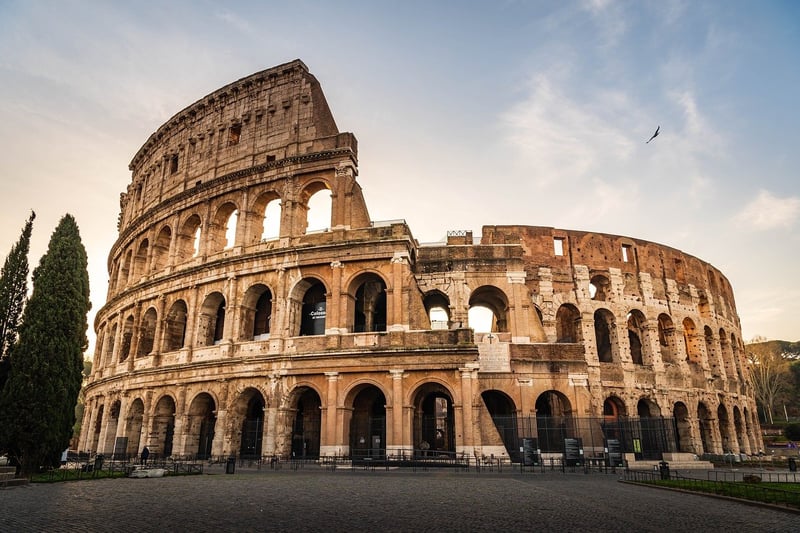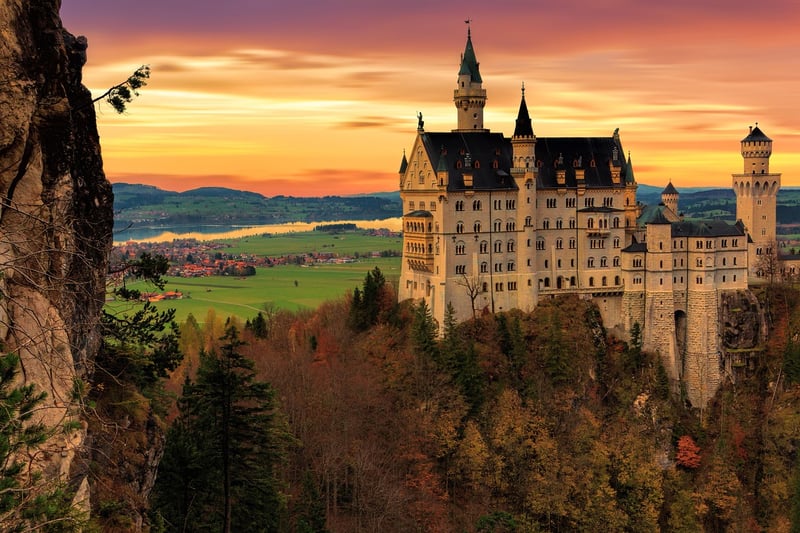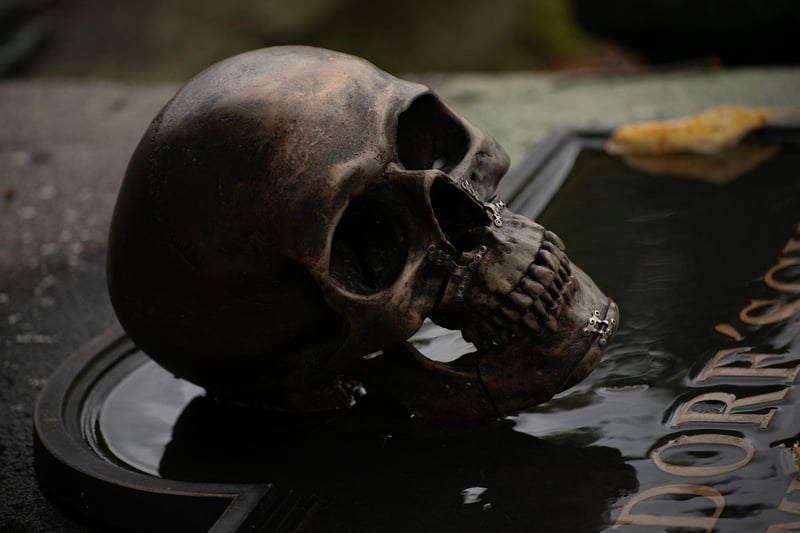Future Relics
Rare Objects from Various Times + Future Relics
Exploring rare objects from different eras can offer a fascinating glimpse into the past and help us understand the cultures and societies that preceded us. These relics serve as tangible connections to history, providing insight into the way people lived, worked, and thought. Additionally, looking towards the future, we can imagine what artifacts from our current time might become sought-after treasures for future generations.
Ancient Artifacts
Ancient artifacts are windows to civilizations long gone. From Egyptian pyramids to Roman pottery, these objects tell stories of triumphs, rituals, and daily life. The intricate designs on a Greek amphora or the delicate jewelry of an Aztec warrior reveal the creativity and craftsmanship of ancient peoples.

Medieval Marvels
The Middle Ages produced a wealth of artifacts that showcase the artistry and beliefs of the time. Illuminated manuscripts, suits of armor, and cathedrals stand as testaments to the religious fervor and chivalric ideals of medieval Europe. Each piece reflects the values and aspirations of a bygone era.

Industrial Revolution RelicsThe Industrial Revolution heralded a new age of innovation and progress. Steam engines, mechanical looms, and early telephones mark this period of rapid change. These relics symbolize the shift from agrarian societies to industrialized nations, shaping the modern world as we know it.

Future Relics
As we look ahead, it's intriguing to ponder what objects from our time will be considered future relics. Will smartphones become obsolete curiosities? Will electric cars be the antiques of tomorrow? Imagining how our current technology and culture will be viewed by future generations adds a layer of complexity to our understanding of history.

Exploring rare objects from various times allows us to appreciate the diversity and evolution of human creativity and ingenuity. By considering what might be viewed as future relics, we engage in a thought-provoking exercise that bridges the past, present, and future.
